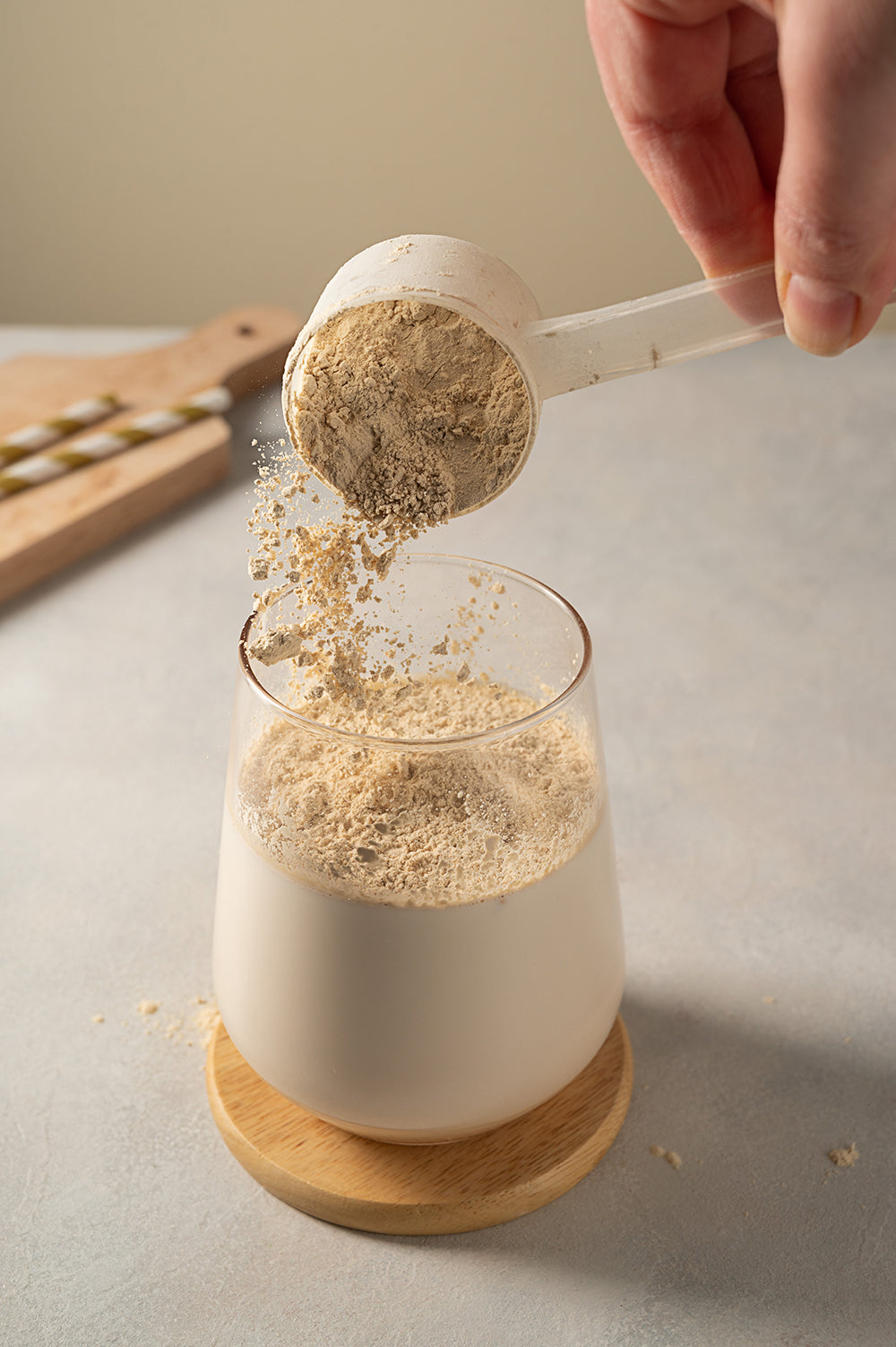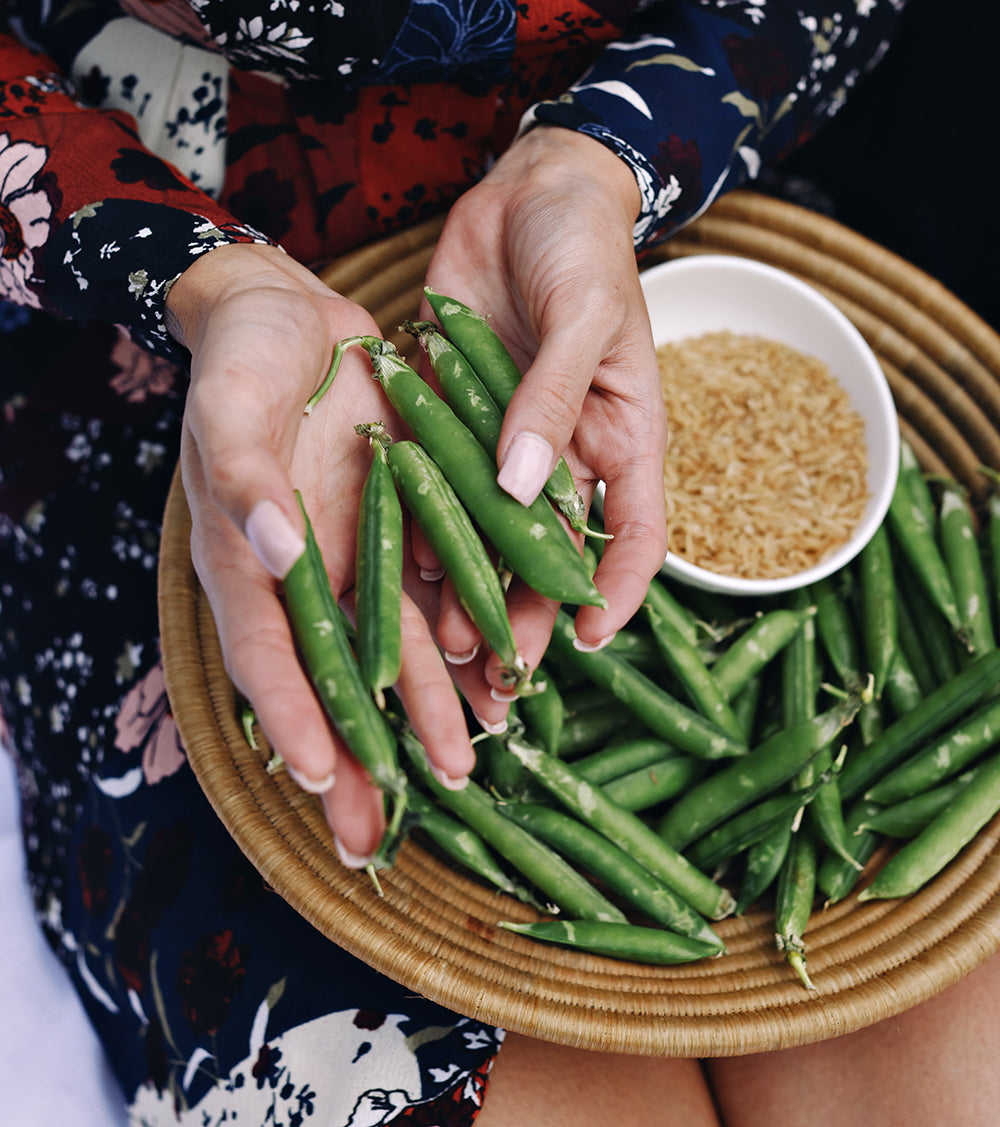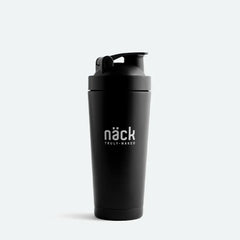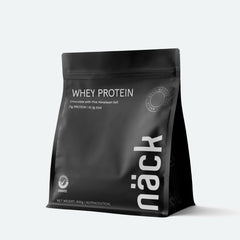Functional nutrition champions a holistic and mindful approach to nourishing our bodies. For vegetarians, optimising protein intake is an important step to better health, since plant-based diets may lack adequate protein. So let's explore the realm of protein for vegetarians, delving into amino acids and the vital role they play in our overall health.
Amino acids: the building blocks of life

Amino acids, often referred to as the "building blocks of life," are the foundation of proteins, essential for the proper functioning of our body's cells, tissues, and organs. These microscopic powerhouses not only aid in muscle growth and repair but also contribute to hormone and neurotransmitter production, enzyme synthesis, and immune system support. Of the 20 amino acids our bodies require, nine are considered essential. This means our bodies can't produce them, and they need to be obtained through our diet.
The crucial role of essential amino acids

Why is it crucial to ensure an intake of all Essential Amino Acids? Just as a symphony requires a diverse range of instruments to create harmonious music, our bodies need all essential amino acids to orchestrate various physiological processes efficiently. Neglecting any one amino acid could hinder the overall functionality of this intricate system.
In India, a concerning number of individuals are deficient in protein. This deficiency can lead to a host of symptoms, including fatigue, weakness, hair loss, impaired immune function, and even mood disturbances. If any of these sound relatable to you, you'll understand that bridging the protein gap becomes vital for our overall well-being.
Natural vegetarian sources of protein: a balanced approach

For vegetarians, embracing a wide variety of protein-rich plant foods can provide a robust amino acid profile. Legumes, such as lentils, chickpeas, and beans stand as remarkable sources of protein. Whole grains like quinoa and amaranth are also excellent contributors.
One effective strategy to ensure the intake of all essential amino acids is through food pairing––combining complementary plant-based sources to create a balance of amino acids. For instance, consuming legumes with whole grains can result in a complete amino acid profile, akin to that of animal-based proteins. Here's an example: Rice and dal, anyone? Yes, this time-tested combination brings together lysine-rich lentils to complement the methionine and cysteine in rice, creating a complete amino acid profile in the meal.
The role of clean protein powders

While whole foods are the cornerstone of functional nutrition, there are instances when additional protein supplementation is beneficial, especially for individuals with higher protein requirements, such as athletes, or those who are often too busy to prioritise protein-rich whole foods. A high-quality protein powder can bridge the protein gap effectively.
However, not all protein powders are created equal. Choosing clean protein powders that are free from artificial additives, preservatives, and sugars not only offers a complete amino acid profile but also nourishes the body without burdening it with chemicals. Look for sources like organic pea, rice, hemp, or quinoa protein.
If you're looking to step up your protein intake in an easy, delicious way, Näck's Plant Protein Powder is the perfect solution. It's clean, lean and super versatile, lending itself beautifully to smoothies, shakes and more.
In the journey toward optimal health, functional nutrition guides us to embrace a holistic approach, understanding how our dietary choices impact our overall well-being. For vegetarians, adequate protein intake and consuming a balanced amino acid profile helps the body thrive, and paves the way for a healthier, more vibrant life.
About the author: Natasha is a certified functional nutritionist, yoga teacher, holistic wellness consultant and the founder of Tetra Nutrition. Her mind-body-balance approach helps people achieve a healthy gut and hormones through the power of whole foods, lifestyle changes and science-backed supplements.













